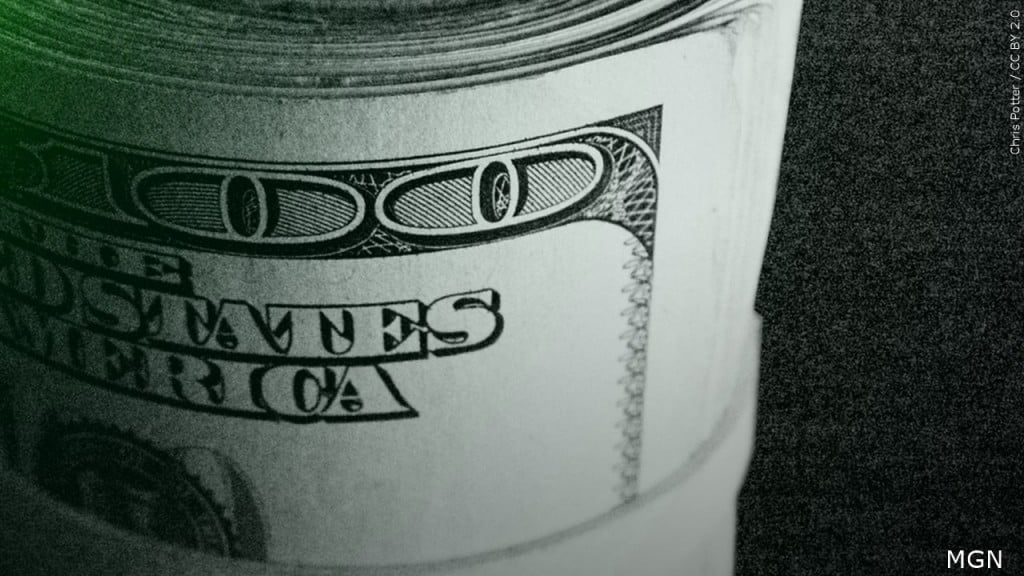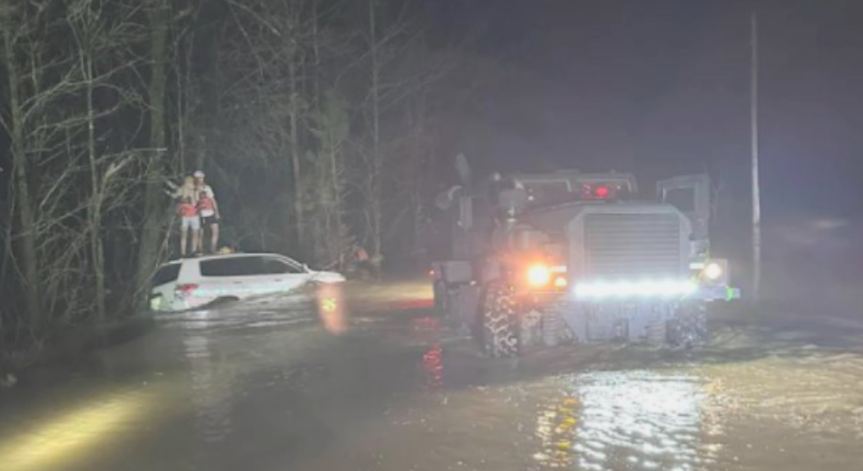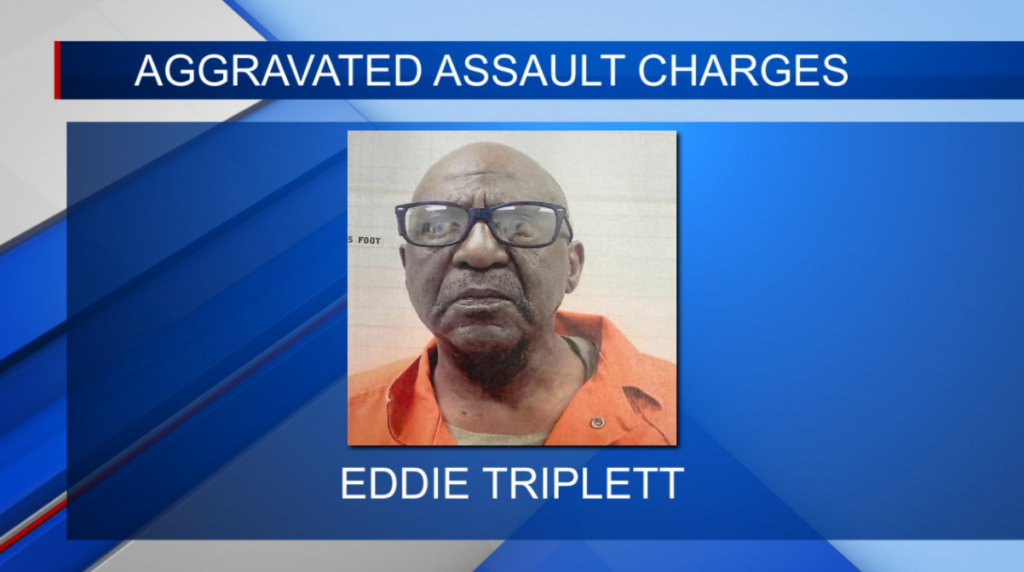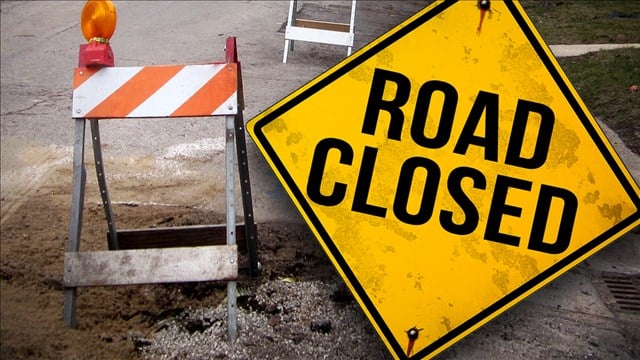Poll Problems Surfacing Across US
WASHINGTON (AP) – Sporadic problems were reported Tuesday at polling places around the country, many in Pennsylvania including a confrontation involving Republican inspectors over access to some polls and a voting machine that lit up for Republican Mitt Romney even when a voter pressed the button for President Barack Obama.
One Florida elections office mistakenly told voters in robocalls the election was on Wednesday.
Although the majority of complaints were about extremely long lines, the Election Protection coalition of civil rights and voting access groups said they had gotten some more serious calls among more than 69,000 received on a toll-free voter protection hotline.
“The calls have been hot and heavy all day long,” said Barbara Arnwine, president of the Lawyers Committee for Civil Rights Under Law.
In Philadelphia, the Republican Party said 75 legally credentialed voting inspectors were blocked from polling places in the heavily Democratic city, prompting the GOP to obtain a court order providing them access. Local prosecutors were also looking into the reports. Democratic Party officials did not immediately return a message seeking comment.
Also in central Pennsylvania, officials said the voting machine that switched a person’s vote from Obama to Romney has been recalibrated and is back in service.
Pennsylvania Department of State spokesman Ron Ruman said the Perry County voter notified elections officials of the problem after trying to cast his ballot Tuesday. Video of what Ruman called a “momentary glitch” was widely viewed on YouTube.
Pennsylvania was also the scene of what a state Common Cause official called “widespread” confusion over voter ID requirements. The state this year enacted a new photo ID requirement but it was put on hold for Tuesday’s election by a judge amid concern many voters would not be able to comply on time.
Barry Kauffman, executive director of Common Cause in Pennsylvania, said election workers in many places were demanding IDs even though they are not required. It was unclear, however, just how many voters may have been turned away or discouraged.
“There seems to be a lot of confusion about voter ID. Apparently the poll workers were not adequately trained,” he said.
Also in Philadelphia, a judge ordered a mural of President Barack Obama covered up after a Republican election worker snapped a picture of it at a school polling place, according to a statement from the Republican Party.
The battleground state of Ohio was the scene of yet another court battle, this one involving a lawsuit claiming voting software installed by the state could allow manipulation of ballots by people not connected to official election boards. A judge, however, flatly dismissed a lawsuit seeking to stop use of the software.
The Florida robocall glitch occurred in Pinellas County, where the supervisor of elections said about 12,000 voters were wrongly told they could vote on Wednesday.
Spokeswoman Nancy Whitlock said the office had contracted with a company called callfire.com to call voters who had requested mail ballots but had not yet returned them. Whitlock said calls went to those voters without a problem on Thursday, and then again Monday.
For some reason, she said, when the service didn’t reach some 12,000 voters Monday, it then called them again on Tuesday between 8 a.m. and 8:30 a.m. with the same message. Whitlock said another message then went out to the same 12,000 voters, telling them that Tuesday was the correct day to vote.
Back in Ohio, officials in Franklin County – where the capital city of Columbus is located – barred the tea-party linked True the Vote group from monitoring polling places because applications to do so weren’t filed properly.
Franklin County Board of Elections spokesman Ben Piscitelli said Tuesday that managers were instructed to keep True the Vote representatives from the polls in the Columbus area because of the application problem.
Catherine Engelbrecht, president of the Houston-based group, claimed the Ohio Democratic Party was behind pressure that led several local Ohio candidates to withdraw their permission for the group’s members to act as election observers.
Elsewhere, the Election Protection coalition reported problems with ballot scanners in the Ohio cities of Cleveland, Dayton and Toledo; late-opening polling places in minority neighborhoods in Galveston, Texas; and some precincts in the Tampa, Fla., area where voters are being redirected to another polling place where they must cast a provisional ballot.
Meanwhile, voters in several storm-ravaged areas in New York and New Jersey expressed relief and even elation at being able to vote at all, considering the devastation from Superstorm Sandy. Lines were long in Point Pleasant, N.J., where residents from the Jersey Shore communities of Point Pleasant Beach and Mantoloking had to cast their ballots due to damage in their hometowns. Many people still have no power eight days after Sandy pummeled the shore.
“Nothing is more important than voting. What is the connection between voting and this?” said Alex Shamis, a resident of hard-hit Staten Island, gesturing to his mud-filled home.
Any voting problems are being closely monitored after months of legal and political battles over more voter ID restrictions and other laws, mostly fruitless hunts for supposedly ineligible people on voting rolls in many states and sustained claims that black and Hispanic voters are being targeted for intimidation and suppression.
Michael Waldman, president of the Brennan Center for Justice at New York University, said even in states where the restrictive laws have been blocked or delayed, many people still think they are in effect.
“The laws were struck down but the confusion remains,” Waldman said.
Many of these issues could resurface in the courts after Tuesday, particularly if the race between Obama and his Republican challenger, Mitt Romney, is too close to call or heads for a recount in states such as Ohio or Florida.
The Justice Department will have at least 780 observers at key polling places in 23 states to ensure compliance with the 1965 Voting Rights Act and look into any allegations of voter fraud.
Provisional ballots were the latest legal skirmish in the critical battleground state of Ohio, where Secretary of State Jon Husted’s decision on how they can be cast was challenged in federal court. Advocates and lawyers for labor unions contend Husted’s order would lead to some provisional ballots being rejected improperly because the burden of recording the form of ID used on a provisional ballot is being placed on voters, not poll workers as in the past.
A provisional vote allows a person to have his or her say, but the ballot is subject to review and verification of eligibility. A court hearing was set for Wednesday on the issue. Provisional ballots cannot be counted in Ohio before Nov. 17.





Leave a Reply